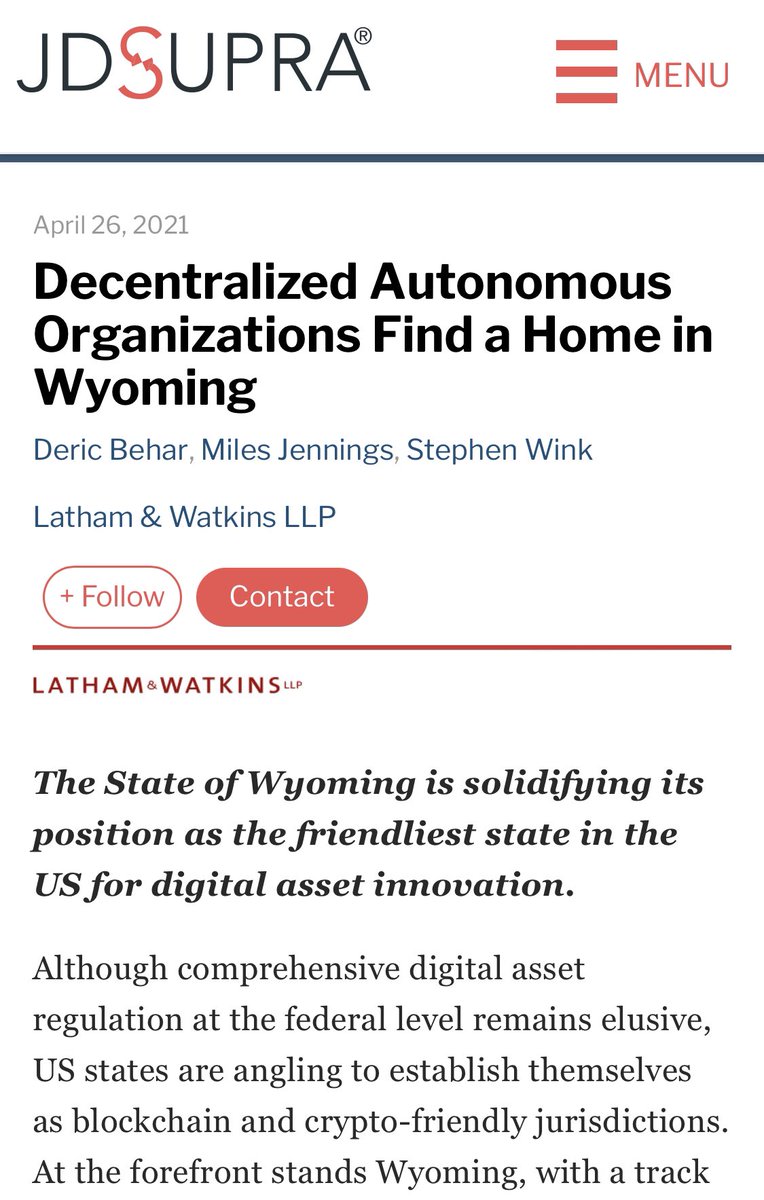
If this is true, then a small country like Tuvalu (which gets a big chunk of revenue from the .tv domain name) could declare #BTC (and ETH!) to be legal tender.
The benefits would easily be worth billions.
So: could we legally crowdfund a prize for the first country to do this?
The benefits would easily be worth billions.
So: could we legally crowdfund a prize for the first country to do this?
https://twitter.com/caitlinlong_/status/1401334433811251201
$5M isn’t that much money in crypto!
“Under the current deal…Verisign pays Tuvalu around $5 million per year for the right to administer .tv. For a nation whose annual domestic revenues tend to hover around $60 million, this is a substantial benefit.”
washingtonpost.com/video-games/20…
“Under the current deal…Verisign pays Tuvalu around $5 million per year for the right to administer .tv. For a nation whose annual domestic revenues tend to hover around $60 million, this is a substantial benefit.”
washingtonpost.com/video-games/20…
Looks like Tuvalu uses the Australian dollar to peg their currency.
en.wikipedia.org/wiki/Tuvaluan_…
en.wikipedia.org/wiki/Tuvaluan_…
Tuvalu only has 12000 people, but it’s a full UN member state too. The 189th country, recognized in 2000. en.wikipedia.org/wiki/United_Na…
They do deals like this physical coin deal for revenue, in addition to the domain deal. So a crypto legal tender recognition deal may be in the cards.
abc.net.au/news/2020-05-3…
abc.net.au/news/2020-05-3…
I don’t know if the answer is El Salvador, Tuvalu, or another state that has the right combination of size & moxie to drive recognition of crypto as legal tender.
But if we compare budgets of the smallest countries to (say) DAOs, it absolutely looks like a deal is possible...

But if we compare budgets of the smallest countries to (say) DAOs, it absolutely looks like a deal is possible...


• • •
Missing some Tweet in this thread? You can try to
force a refresh












